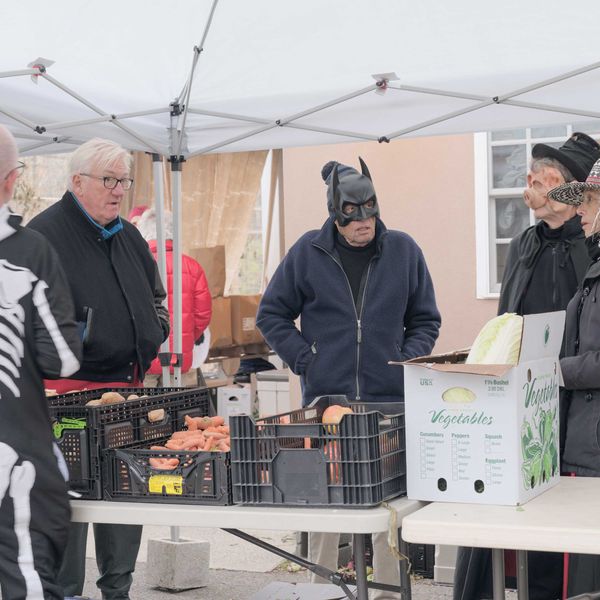Old Village Hall finally goes up for sale, bids wanted
Millerton Village Board votes to sells historic building

The Village Board is in the process of drafting a Request for Proposals to sell the old Millerton Village Hall at 21 Dutchess Ave.; it hopes to have it ready by next month.
Photo by Kaitlin Lyle

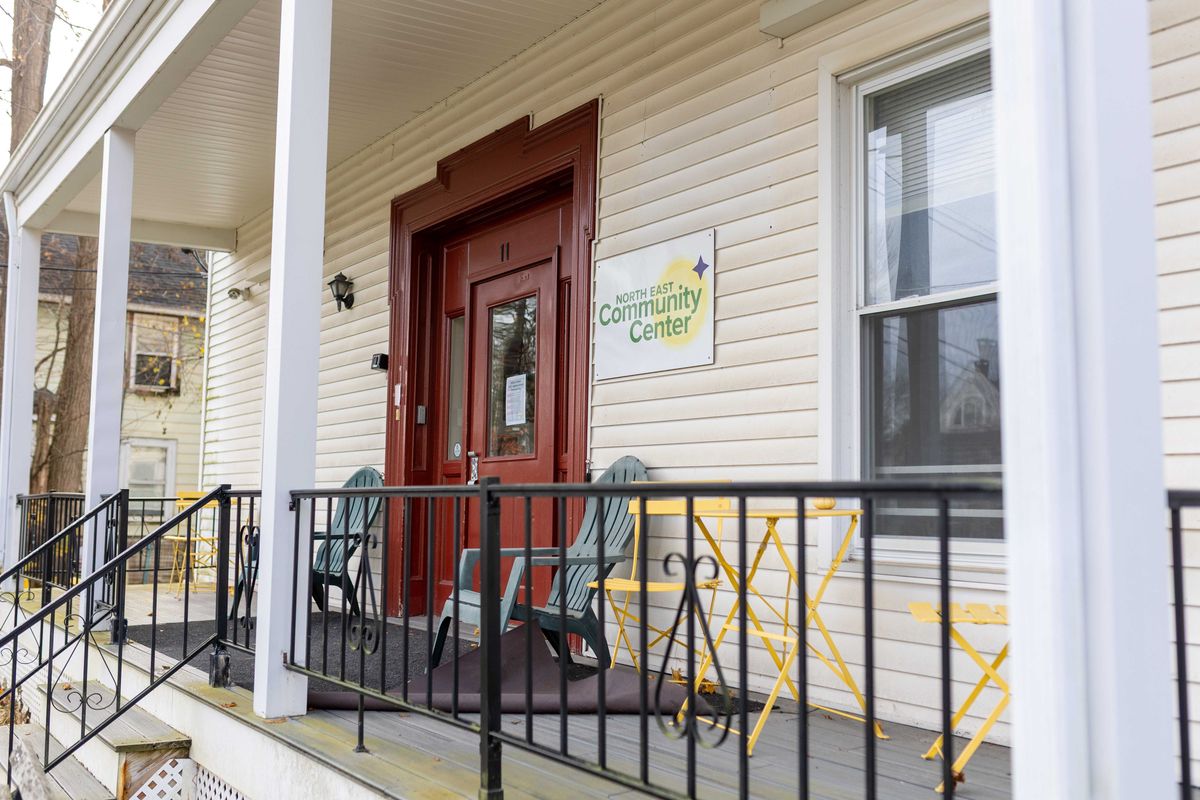

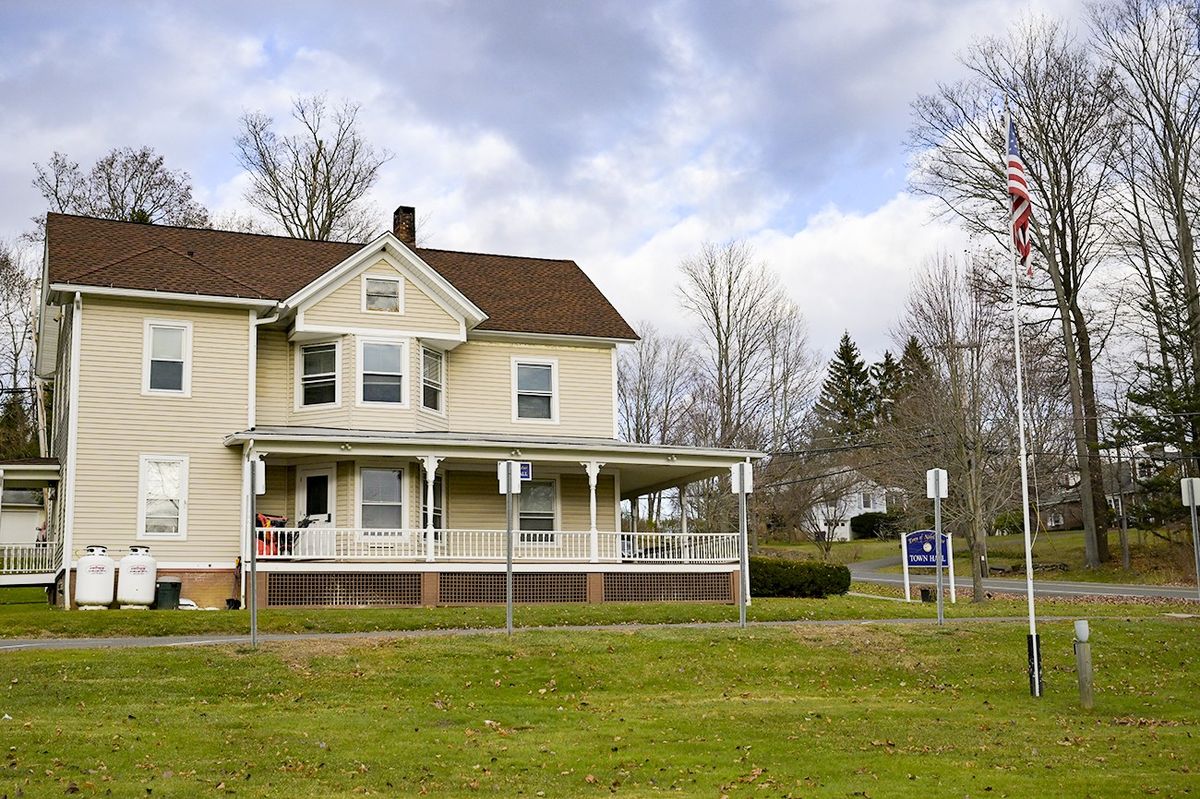
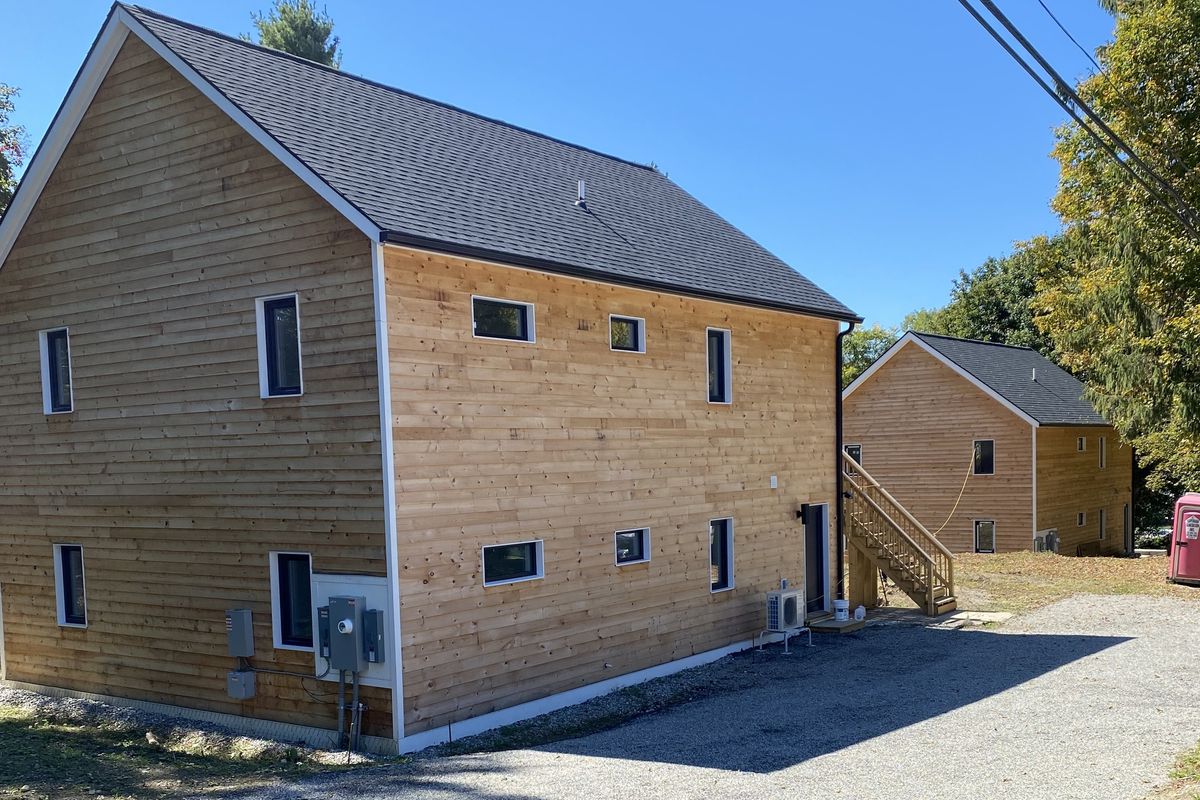
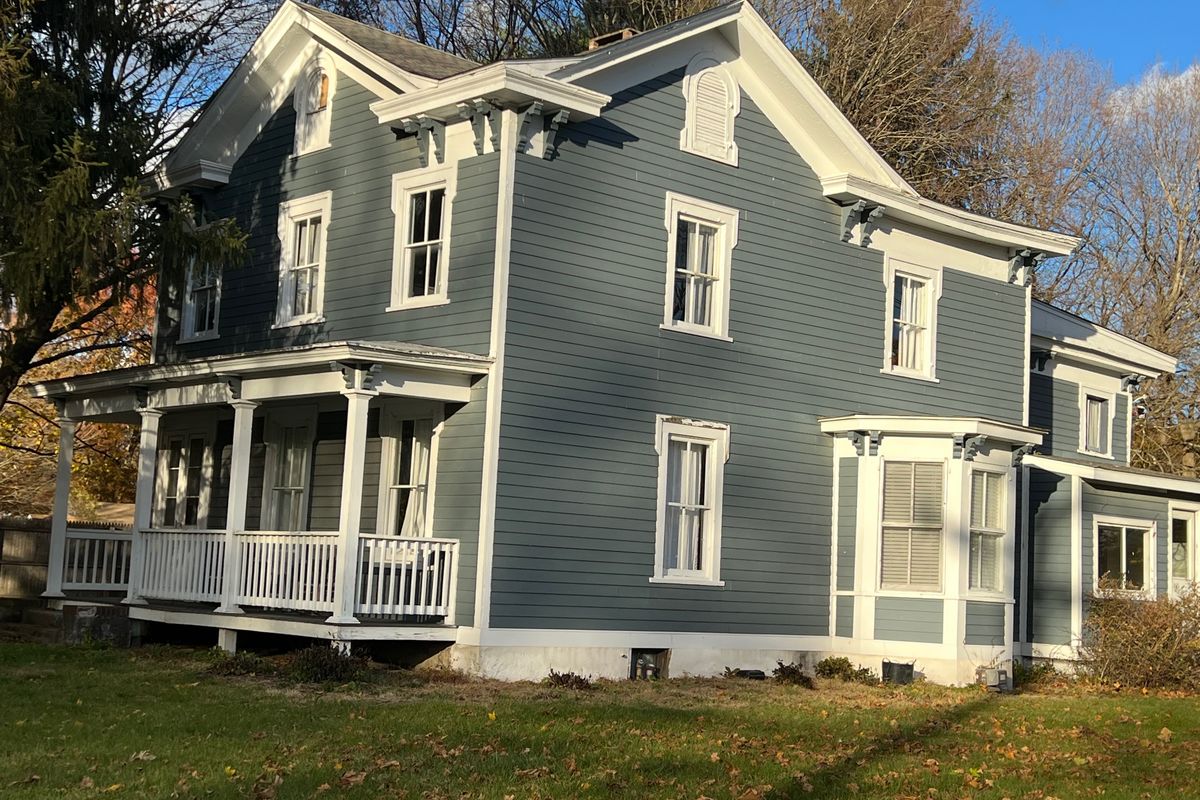
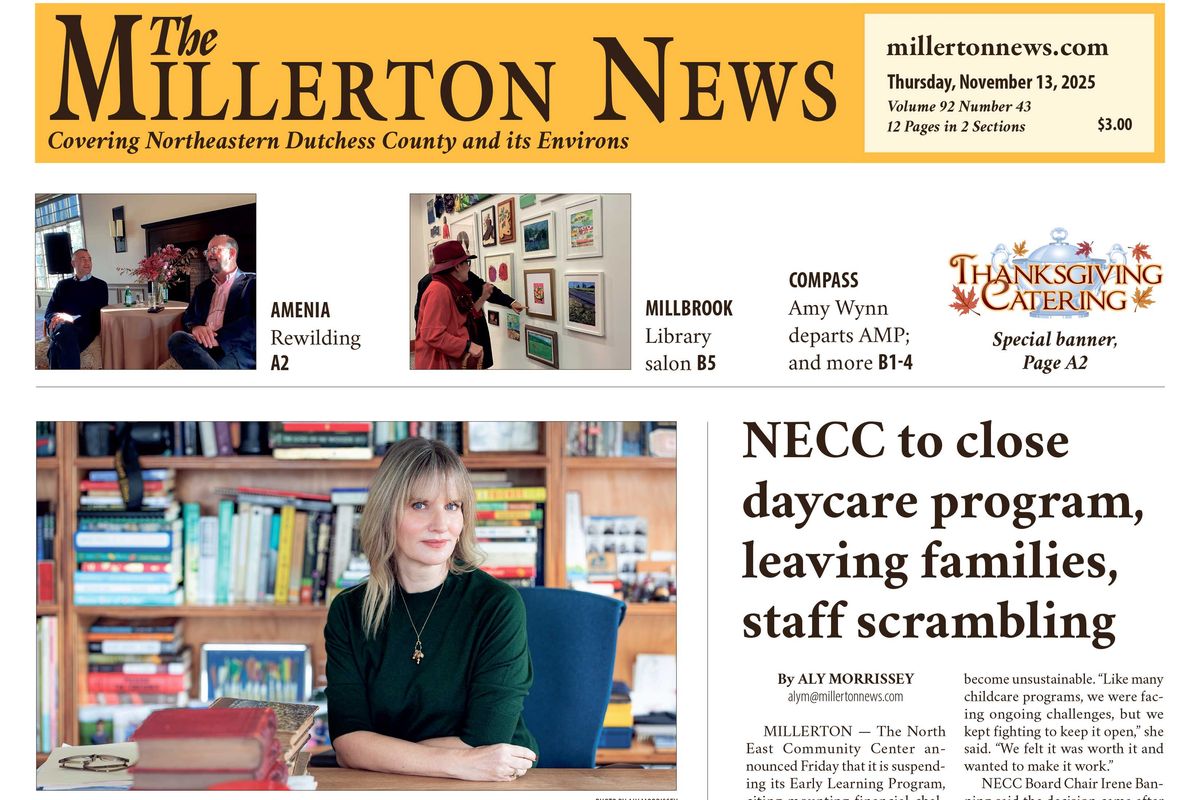

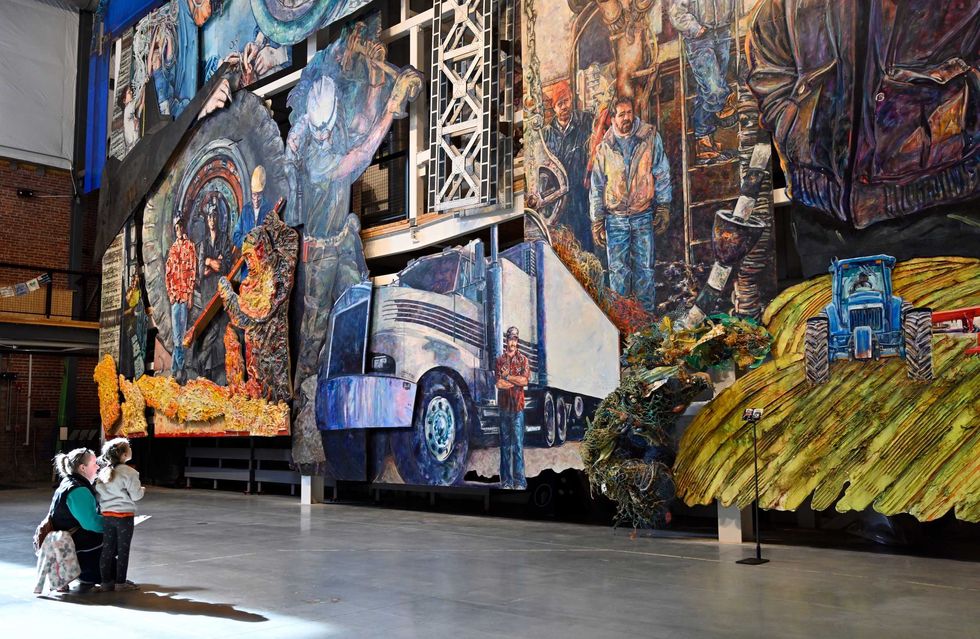 Visitors to the American Mural Project.Sky Johnson
Visitors to the American Mural Project.Sky Johnson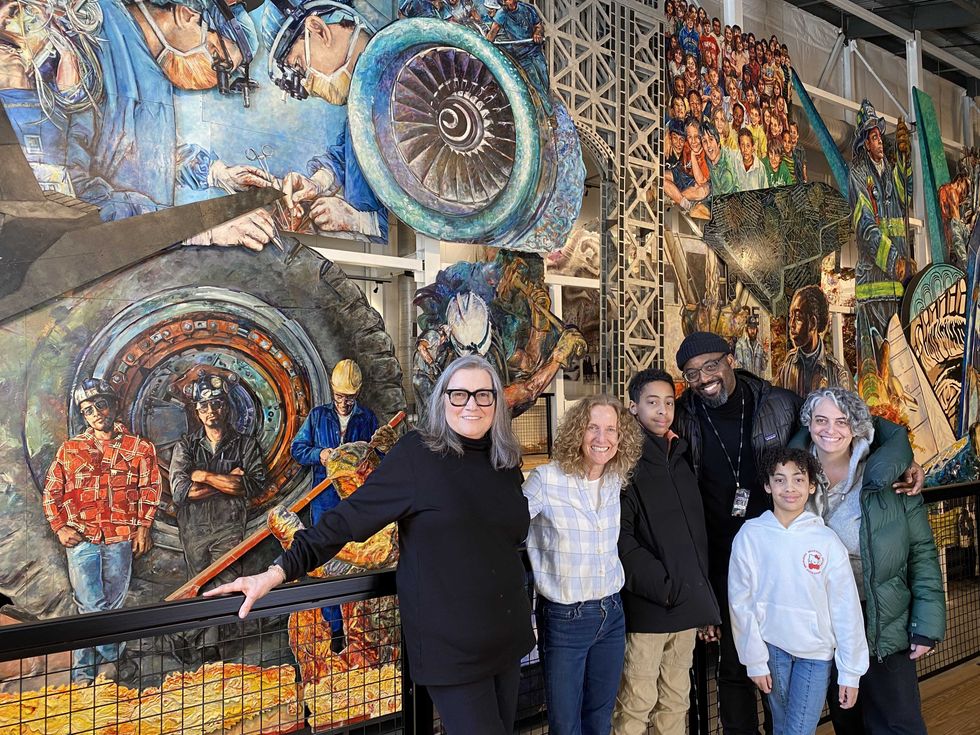 Sky Johnson
Sky Johnson


